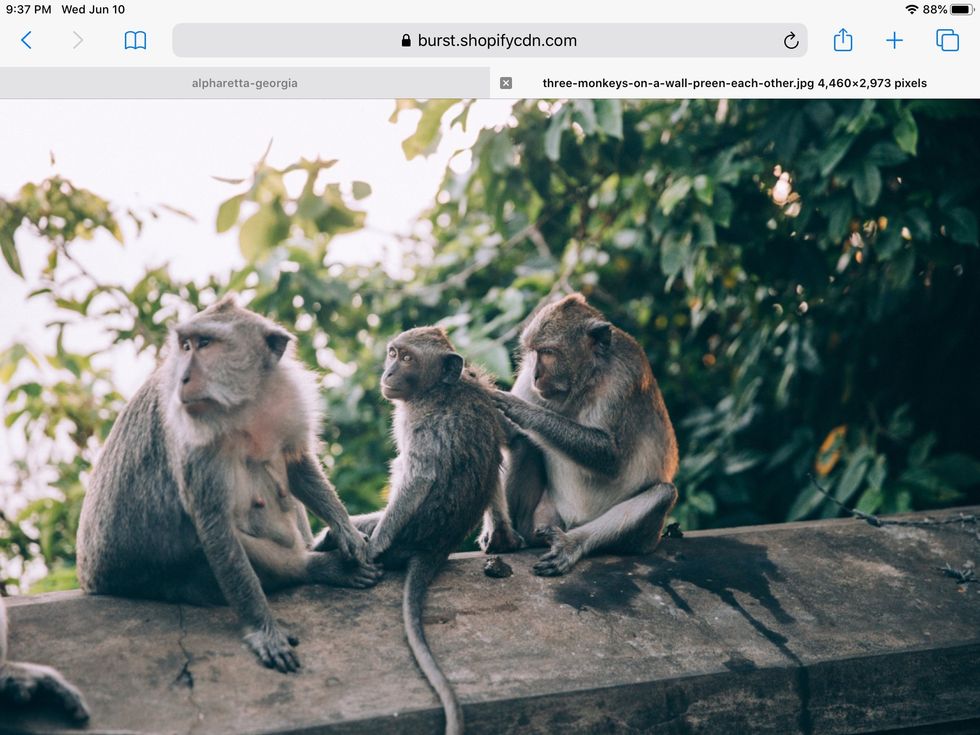4 Reasons Not To Invest in NFTs
That's a lot of money for a PNG.
Recently, more and more celebrities, influencers, and companies have been investing in NFTs or non-fungible tokens. A cryptocurrency rising in popularity that many claim to be the future. Here’s why they’re wrong.
1. You don't own anything.

Photo by Niranjan _ Photographs on Unsplash
NFT stands for “non-fungible token.” Not only is your asset entirely digital— which can easily be stolen or lost— but the creator of the NFT still owns copyright. What you own is a place on the “blockchain,” which is, simply put, a very complicated receipt. When you purchase an NFT, all you really own is bragging rights.
2. NFTs adversely impact the environment.

Photo by Markus Spiske on Unsplash
To purchase NFTs, you need cryptocurrency— most commonly Ethereum. Like many cryptocurrencies, Ethereum is based upon the “proof of work” system, which acts like a security measure since there is no one supervising transactions. The system solves convoluted puzzles over and over again using machines that use massive amounts of energy. After solving the puzzle, the user can add a new “block” to the blockchain and the user receives digital tokens as a reward. In other words, a single Ethereum transaction, on average, uses up as much energy as a household uses in a day and a half, according to PosterGrind. And according to Verge, Ethereum uses as much energy as the entire country of Libya.
3. You're likely losing money instead of gaining it.

Photo by Josh Appel on Unsplash
Unlike physical assets, NFTs are much harder to convert into cash. Not only that, but the NFT marketplace is volatile. There’s no real way to determine how much you’ll be able to resell your NFT for— if you’re able to resell it at all. Also, a very small group of NFT investors are doing most of the successful buying and selling of NFTs. Unless you’re one of them, you probably won’t be making any money from NFTs.
4. You can easily get scammed.

Photo by olieman.eth on Unsplash
According to a tweet by OpenSea in January, over 80% of NFTs that were created for free were “plagiarized works, fake collections, and spam.” One of the most common scams is “wash-trading,” where a group of people or several false accounts artificially raise the price of an NFT by trading it between themselves. There’s also the “rug pull” scam, where someone comes onto the marketplace promising that their NFT is something of the future and will become very profitable very fast, convincing NFT buyers to invest hundreds, only for them to run away with the money. There’s also the “honeypot” scam, which results in the scammer trapping the buyer’s money, preventing them from reselling the NFT.
Overall, NFTs cause more harm than good. You’re much more likely to lose money purchasing NFTs than you are to gain anything. Also, the environmental impact of NFTs is extreme, especially on a planet already suffering from the effects of climate change. So stop investing in NFTs— and start right-clicking on images.


































